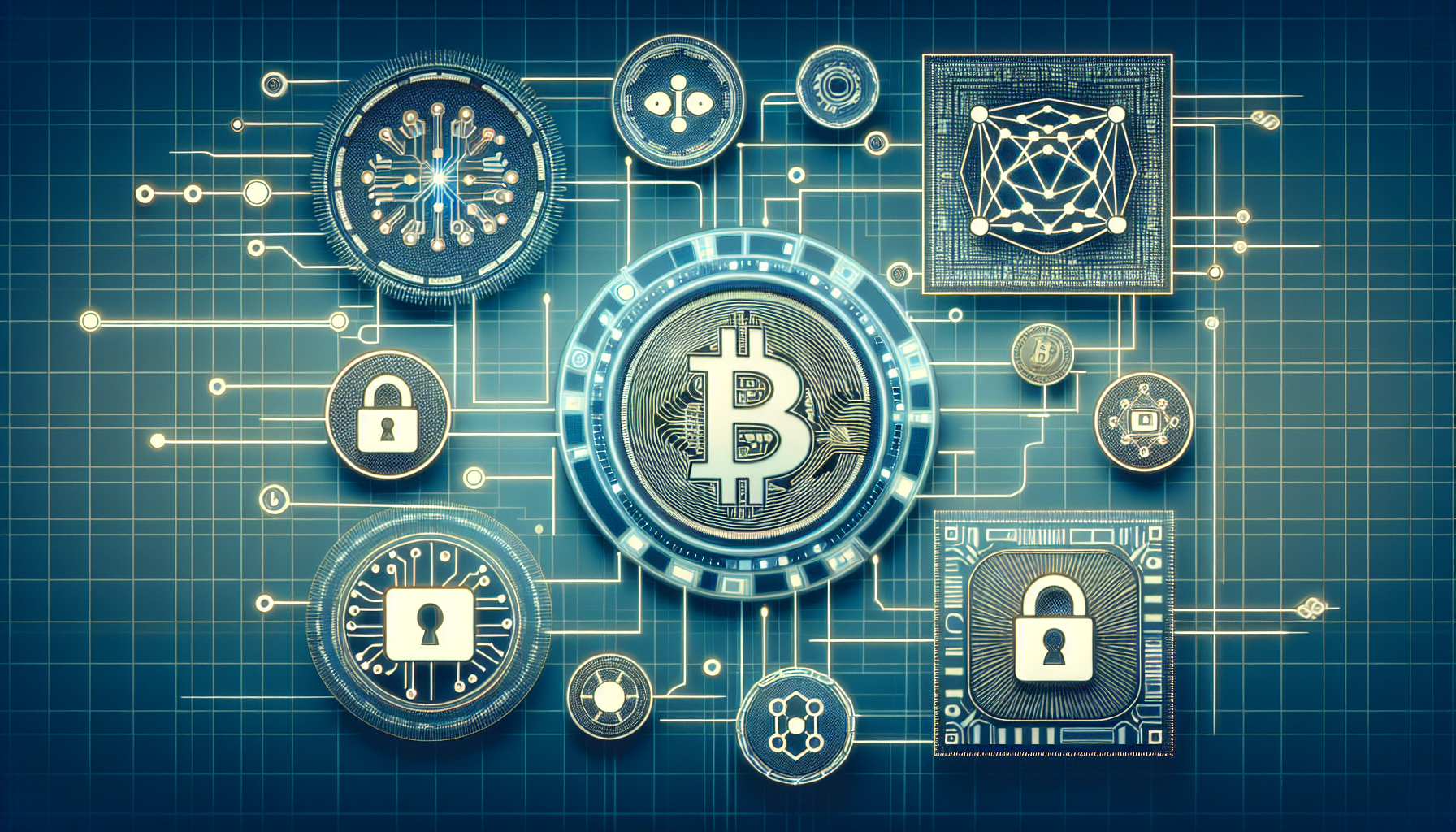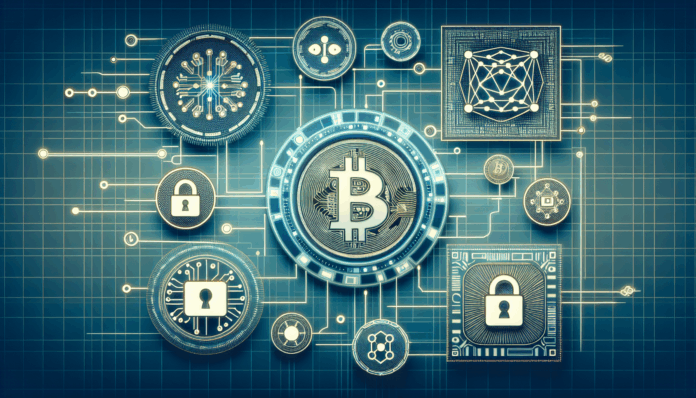Introduction: Are Your Digital Identities Secure?
With over 5.6 billion internet users worldwide, the need for effective digital identity verification systems has never been more pressing. In fact, 2022 data indicates that nearly 70% of online fraud was related to identity theft. This alarming trend raises a critical question: How secure are our digital identities, and can blockchain technology provide the solution? In this article, we delve into blockchain-based digital identity verification systems and explore their potential to transform online security.
Understanding Blockchain-Based Digital Identity Verification
So, what exactly are blockchain-based digital identity verification systems? Simply put, they leverage blockchain technology to create immutable digital identities that users can control. Unlike traditional systems, which often require reliance on third parties, blockchain allows for decentralized verification, meaning user privacy is paramount.
Imagine a scenario where every time you shop online, instead of providing your personal information, you use a secure digital wallet. This is similar to showing a library card instead of your whole identity at a library. Enhanced privacy and security are crucial, especially when managing sensitive data.

Benefits of Using Blockchain for Digital Identity Verification
- Enhanced Security: Blockchain’s cryptographic principles ensure that user data is safe from unauthorized access.
- Decentralization: Eliminating intermediaries reduces vulnerabilities and increases user autonomy.
- Streamlined Transactions: Blockchain verifies identities quickly, minimizing delays in various processes, from banking to travel.
- Compliance with Regulations: These systems can ensure that the verification process adheres to global standards like GDPR, thereby bolstering trust.
Applications in Various Sectors
The potential applications of blockchain-based identity verification systems stretch across numerous sectors. Here are a few noteworthy examples:
- Financial Services: Banks can utilize these systems to improve customer onboarding and reduce risks associated with identity fraud.
- Healthcare: Secure patient identity verification ensures medical records are only accessed by authorized personnel, improving overall care.
- Travel Industry: Users can verify their identity for ticket purchases without sharing sensitive information, enhancing convenience.
Challenges and Considerations
Despite the benefits, implementing blockchain-based identity verification systems is not without challenges. Users must be educated on how to manage their identities securely. Moreover, interoperability with various platforms is crucial for a seamless experience.
As the technology evolves, it’s essential to stay informed. For instance, according to a Chainalysis report from 2023, the Asia-Pacific region anticipates a 40% growth in transaction volume involving digital identities by 2025. As we advance towards a more digitized future, it’s vital to understand how these systems work.
Conclusion: Embracing the Future of Digital Identity
In conclusion, blockchain-based digital identity verification systems represent a sophisticated approach to securing personal information online. As we navigate the complexities of digital security, understanding and embracing these systems becomes imperative.
Are you ready to enhance your digital security? Explore more on how to safeguard your online identity with blockchain technology today!
For further insights, check out our articles on how safe your crypto wallet is and tips for digital currency trading.
Explore the revolutionary benefits of blockchain-based digital identity verification systems for enhanced security and privacy in the digital landscape.





